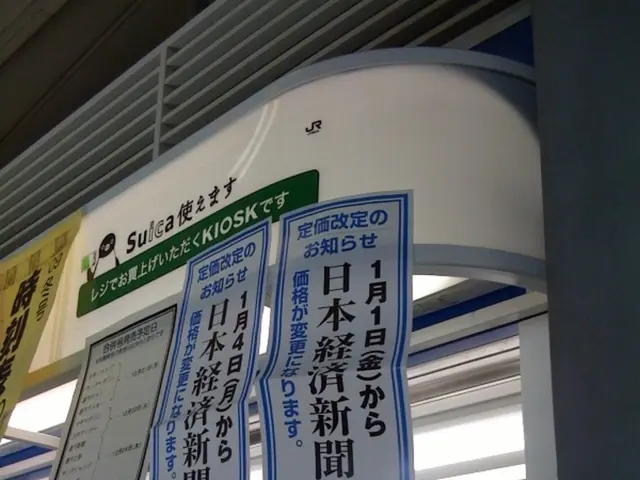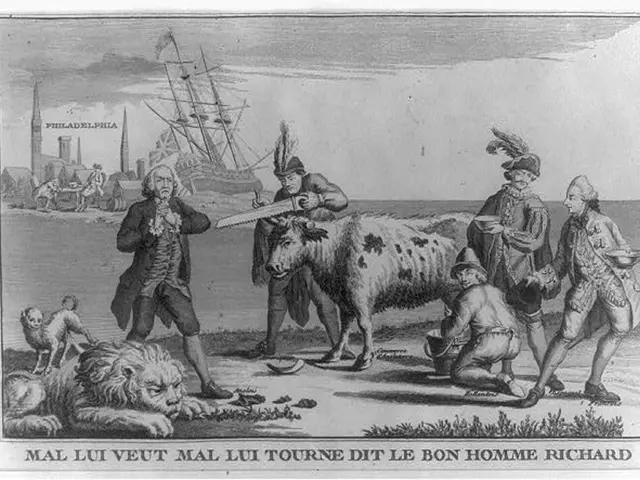Chancellor Merz's Border Control Blitz and EU Course Correction Unfolds
Crossing the border lacks a centralized, all-encompassing service for all needs
Get ready for a shift in the European Union's (EU) border management strategy, as new Chancellor Friedrich Merz pushes for tougher border controls to curb unwanted migration. Here's what you need to know:
Tightened German Border Policy
Expect more intensive border controls at Germany's frontiers, with Merz declaring that "we will also continue to turn people away." Despite this, Merz assures that his strategy is in accordance with European law. The EU Commission President, Ursula von der Leyen, has urged for a coordinated approach with Brussels and neighboring states to ensure the border-free EU internal market is upheld.
A Rollback of EU Directives
During his visit to Brussels, Merz demanded a clear course correction from the EU Commission. He advocates for the abolition of the EU's supply chain directive and called for a general rollback of EU legislation. While Merz has promised to repeal the directive in Germany, he is hoping the EU will follow suit.
The Drive for More Free Trade Agreements
Merz, like former Chancellor Olaf Scholz, maintains that the EU Commission should push harder for quick free trade agreements. Both Merz and Commission President von der Leyen emphasize the importance of completing the capital markets union in the EU, which would make it simpler for businesses to secure loans.
The Bigger Picture
Chancellor Merz's stance on these topics can be inferred from his actions and statements. Here's a breakdown of his stance on EU border controls, EU directives, and free trade agreements:
EU Border Controls
- Tightened Border Policy: Merz's government is implementing stricter border controls, primarily aimed at reducing irregular migration.
- EU Law Adherence: The government emphasizes adherence to EU law while controlling borders, particularly regarding asylum applications.
EU Directives
- Asylum Policy: The Merz government wants to process asylum applications more quickly and deport rejected asylum seekers.
- Integration and Cooperation: Merz seeks to strengthen European integration and cooperation, particularly in economic and security areas.
Free Trade Agreements
- While specific details on Merz's stance on free trade agreements are not available, his emphasis on reviving European integration and cooperation suggests a favorable approach to maintaining strong economic ties within the EU.
- Integration and Economic Policy: Merz and French President Macron aim to deepen integration on investment policies and security, indicating an intention to enhance economic coordination and cooperation within Europe.
All in all, Chancellor Merz's policies reflect a focus on securing the EU's borders while promoting stronger European integration and cooperation, particularly in economic and security areas.
- The Commission has also been involved in the preparation of the draft directive regarding border control, as Chancellor Merz's push for stricter border controls aligns with the wider European Union (EU) strategy.
- Meanwhile, in politics general-news, Chancellor Merz's visit to Brussels led to demands for a rollback of EU directives, including the one focused on border control, and a call for closer cooperation between the EU and neighboring states.
- As part of his border control blitz, Chancellor Merz is planning to enact a controlling directive within Germany, adhering to EU law while implementing stricter measures at the borders.
- Following the example set by former Chancellor Olaf Scholz, Chancellor Merz advocates for more free trade agreements, particularly with the EU Commission, as part of his broader strategy for promoting economic and security cooperation within the EU.








